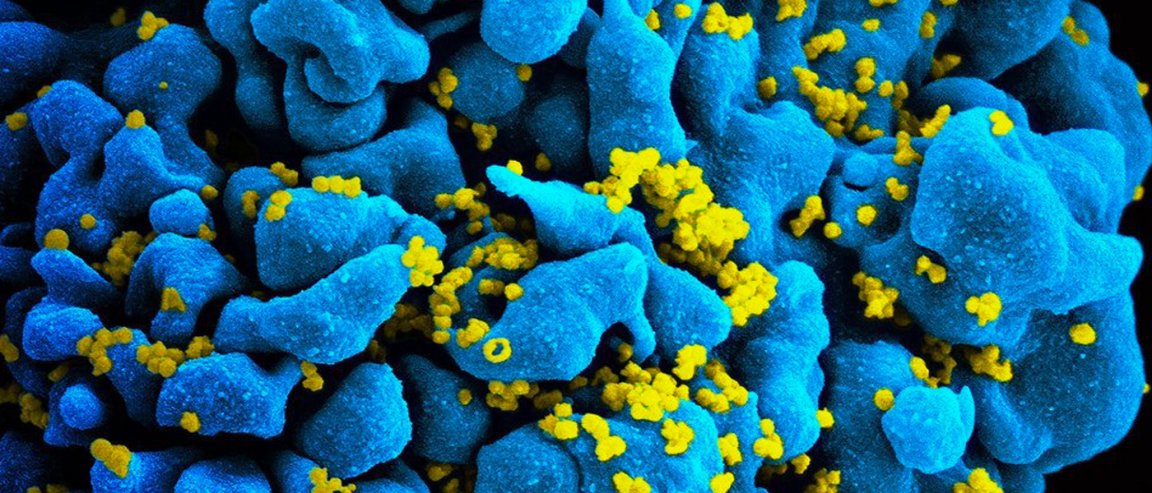
A Potent Antibody
Human immunodeficiency virus (HIV) attacks and cripples the body’s immune system. It’s currently incurable and, if left untreated, can lead to acquired immunodeficiency syndrome (AIDS). While we have come a long way in treating HIV, the virus is uniquely challenging because it attacks the very structures that are supposed to protect us from disease.
In a search for better treatment options, scientists from NIH’s National Institute of Allergy and Infectious Diseases (NIAID) have been looking into ways to fight off the virus using antibodies, proteins in our blood that can identify foreign substances and trigger the body’s fighting mechanisms. As detailed in the journal Cell, they have now identified one such antibody: N6.
N6 was found in an HIV patient’s blood, and researchers claim it is able to neutralize 98 percent of HIV strains, including 16 of 20 strains that were resistant to other antibodies of the same class as N6. The antibody prevents infection by binding to a specific region of the HIV envelope so that it cannot attach itself to immune cells.
This is the same way a previously discovered antibody, VRC01, prevents infection. That antibody could neutralize only 90 percent of HIV strains, though, so N6 could offer a treatment option that is stronger and more effective. N6 also presents better treatment pathways, as it can potentially be administered into the fat under the skin rather than just intravenously like VRC01.

Path to a Cure
Approximately 36.7 million people worldwide are living with HIV/AIDS. Current treatments use a combination of medicines in antiretroviral therapy (ART), but this only reduces the risks associated with HIV. The breadth of HIV strains that N6 can identify and neutralize, together with its potent effectiveness, make it a promising discovery in the search for a cure for HIV.
Unfortunately, that’s still a ways off. Many more laboratory studies and clinical trials will be needed before any type of cure could become available to people infected with HIV. In the meantime, further studies looking for neutralizing antibodies will be extremely valuable in developing vaccines and treatment options for the disease. It’s research like this from NIAID that gives patients everywhere hope.